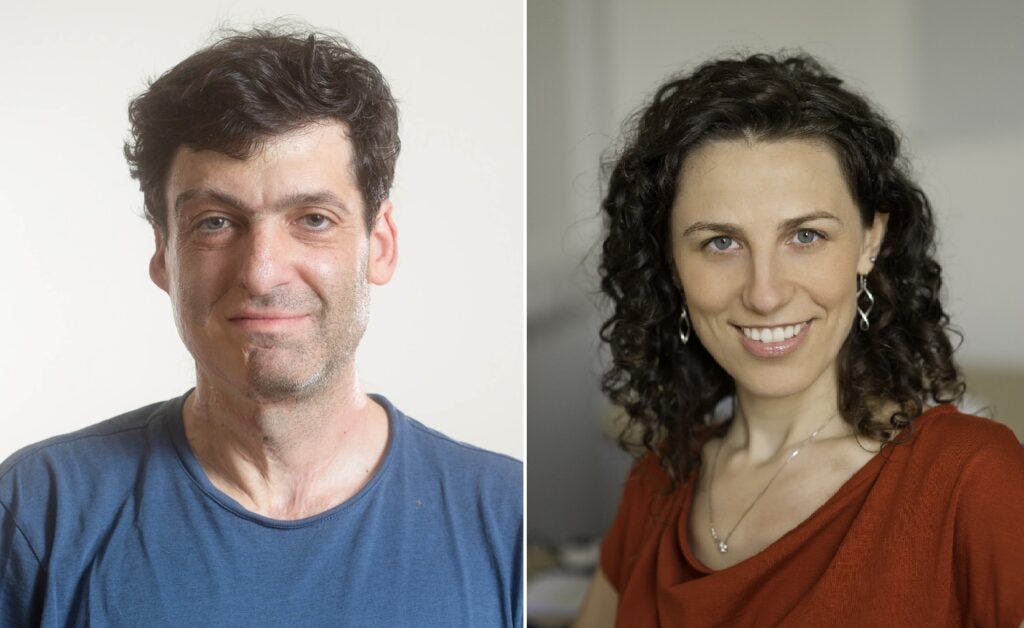Recent cases of academic fraud have gotten me thinking about integrity in science and academia, and how the pursuit of truth is fraught with complexities.
Dan Ariely
Dan Ariely, a world-renowned behavioural scientist, has been accused of data fabrication in numerous cases and studies since 2005. The latest issue concerns the data provenance in one of his earlier studies, "Ten Commandments," which had a huge impact on the field with more than 3000 citations. Dan claimed that a UCLA professor, Professor Aimee Drolet Rossi, conducted the study for him. However, she has no recollection of having done so. Dan Ariely made attempts to get Rossi to cover up for him, but the professor would not comply. The email exchange between them, published by the professor herself, was quite intriguing to read.
Personally, I have read Dan Ariely's books and watched his TED talks, finding him to be a charismatic and informative speaker. His book "Predictably Irrational" was iconic, frequently found on the Psychology Best Reads shelves of Vietnamese bookstores I visited. Now, that book is under heavy scrutiny because one of the studies that Dan was alleged to have had data issues with, was also extensively used in the book. I mean, this guy also wrote "The Honest Truth About Dishonesty: How We Lie to Everyone—Especially Ourselves." Hard to ignore the irony.
Francesca Gino
Speaking of irony, we also saw the latest case of Francesca Gino—one of the leading experts in the behavioural science field at Harvard—who allegedly committed data fraud in some of her influential studies on honesty just a month ago. She and Dan Ariely actually co-authored a paper back in 2012 about dishonesty, which was also found to have questionable data (haha). The interconnectedness of these two cases adds layers to this ongoing problem of the academia industry.

The broader implications
These two professors were trusted to be thought leaders, guiding us through the fields of knowledge. I'm disappointed, but not exactly surprised. I can see the incentive for inflating data and the overwhelming pressure to maintain their reputation in the field. The more surprising and fascinating a study result, the more likely it is to be published in top journals, attracting press headlines and interviews. This is no excuse for what they did, but I can understand why.
However, the damage goes beyond just personal disappointment. Academic fraud corrupts the essence of knowledge, sowing doubt and mistrust in the field as a whole. We rely on good and quality science to influence and shape our world, so the damage these scandals cause can be more profound than simply costing researchers their jobs. When one researcher slips up, who's to say others don't have the same problem?
So where do we go from here?
Transparency and openness, to me, always feel like the right direction. We can and should foster a culture where knowledge is accessible, integrity is the norm, and honesty is more than just a buzzword. I also think it would also be helpful to always be carefully skeptical of what we read and question things. Given these above cases, my biggest question is, how do we rebuild the trust in the academic research system that enables the dishonesty in the first place? What safeguards must we put in place to ensure that the pursuit of knowledge stays true to its roots, while also maintaining the healthy skepticism that keeps us vigilant?
—
Links to read/watch more:
https://openmkt.org/blog/2023/ucla-professor-refuses-to-cover-for-dan-ariely-in-issue-of-data-provenance/
Reports on Francesca Gino’s falsified data by Uri, Joe and Leif: https://datacolada.org/109
https://www.jpost.com/international/dan-ariely-scrutinized-for-fraud-unauthorized-experiment-678444
—-
Note: I’m not in academia at the moment, nor was I a Psychology major, so these thoughts are very half-baked and might be missing crucial context. Would love to hear your thoughts!
This post is part of a 7-day writing challenge of Mở’s Writing On The Net Alumni Community! Let’s see if I can write consistently :”)
#wotnalumni
See you soon!
Anh.



